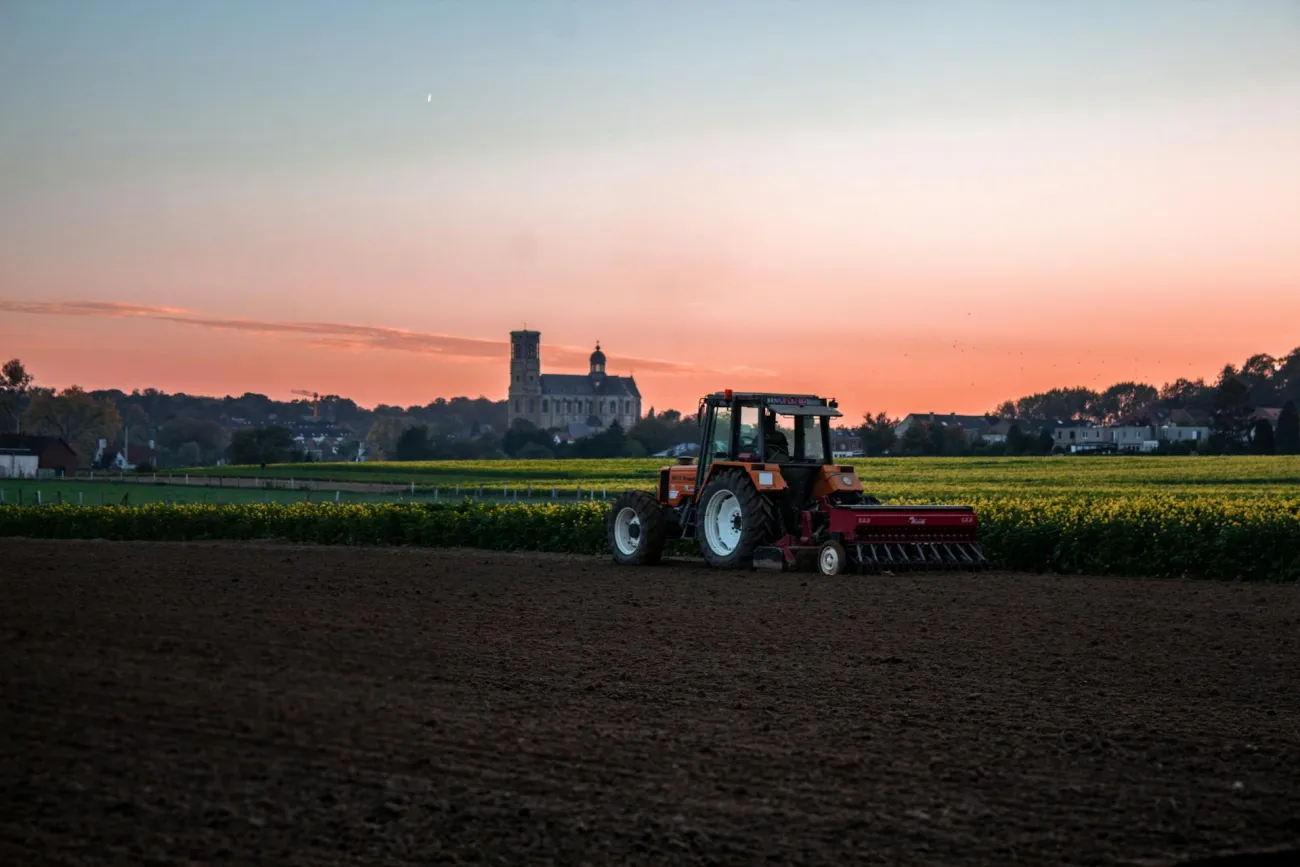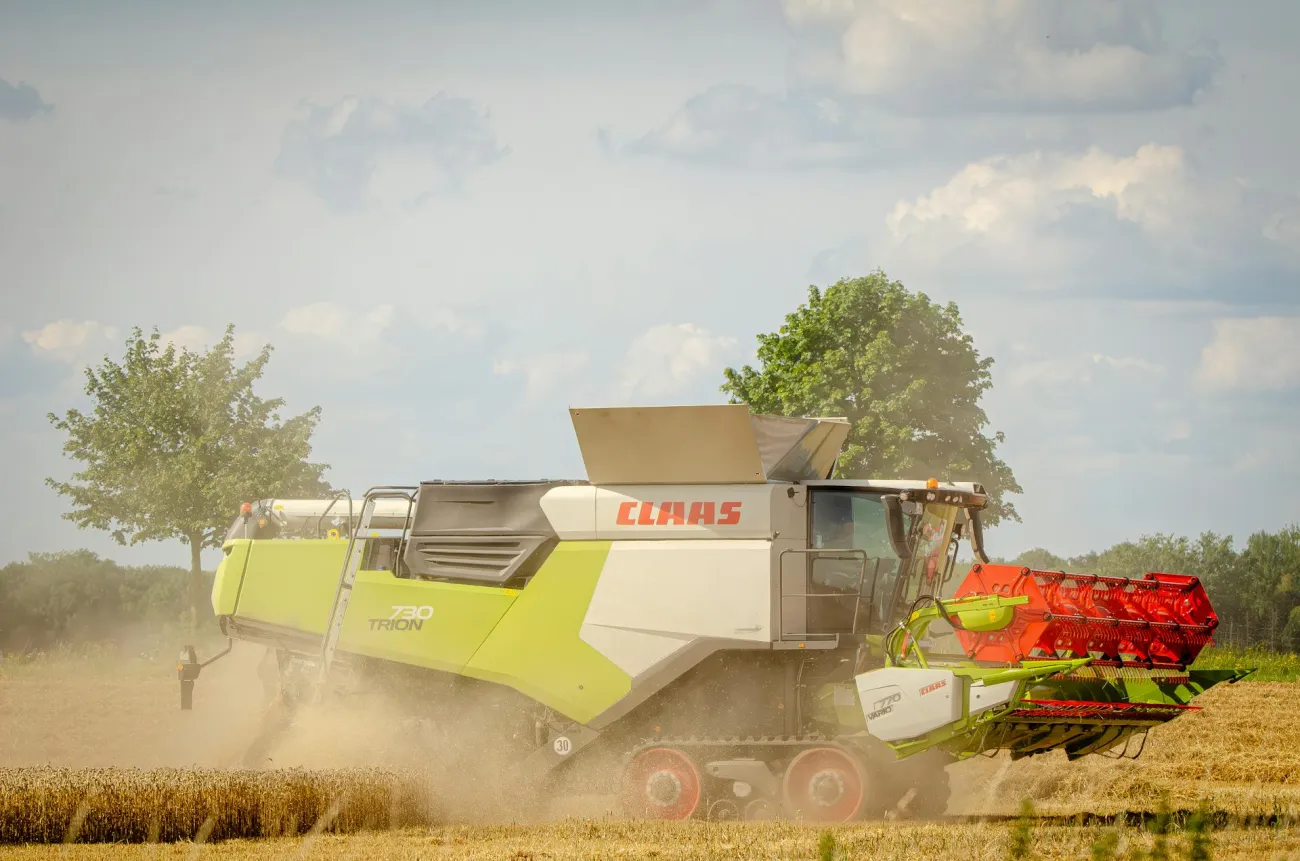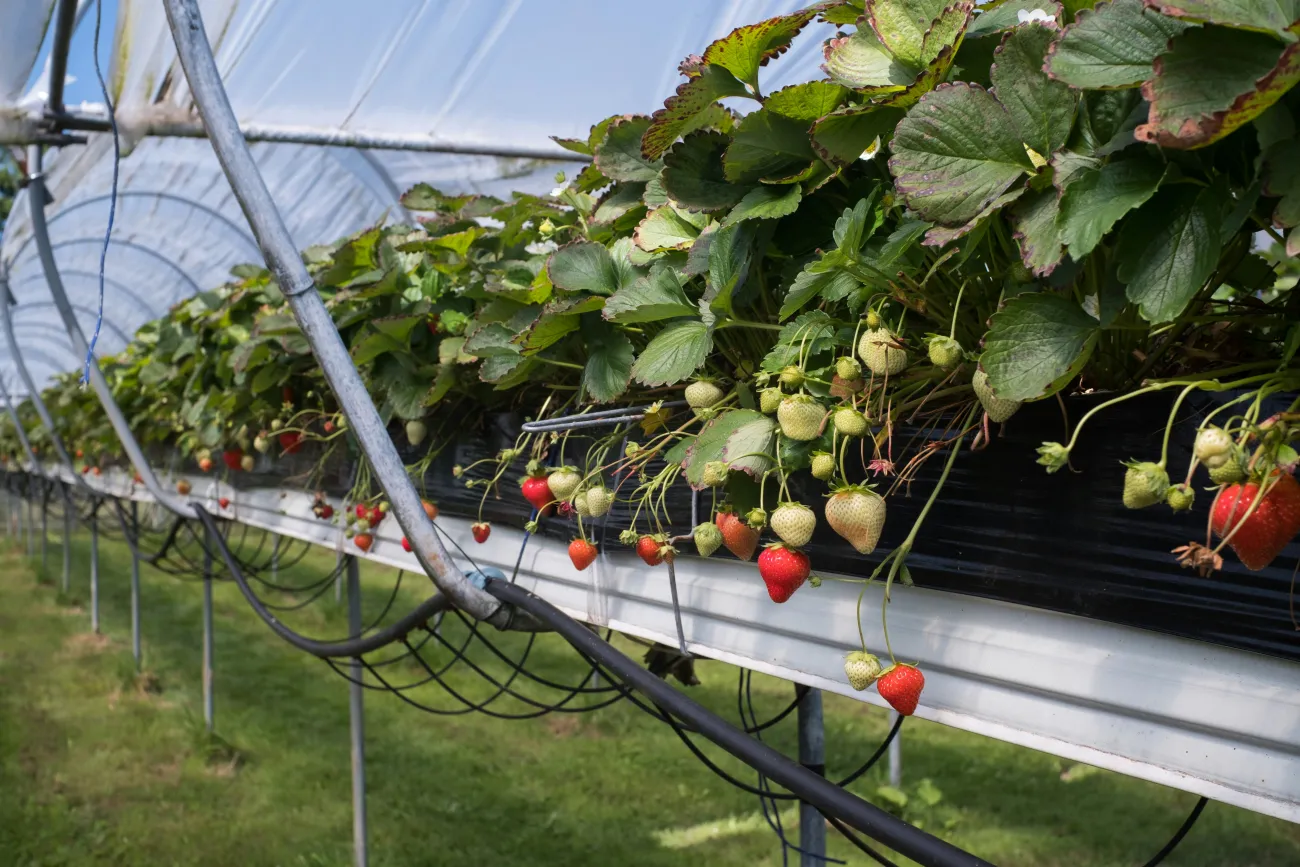Episode summary
TABLE staff member Walter Fraanje joins Feed co-hosts to talk about his new publication, "Rewilding and its implications for agriculture" co-authored with Tara Garnett. The explainer introduces the concept of rewilding, compares different rewilding strategies across the globe, explores their relationship with agriculture and unpacks some of the related controversies. We ask Walter how does rewilding differ from conservation, why might a farmer or fisher support or be against rewilding, and what does it mean to rewild your imagination?
About Walter Fraanje
Walter Fraanje is a Research and Communications Officer at TABLE. He holds an MSc in Environmental Policy from Wageningen University, the Netherlands, and a BA in Philosophy and a BSc in Industrial Engineering and Management from the University of Groningen. He has written explainers for TABLE and the Food Climate Research Network on Soy: food, feed and land us change (2020), What is ultra-processed food? And why do people disagree about its utility as a concept? (2019), What is the land-sparing-sharing continuum? (2018) and What is food security? (2018)
As an environmental sociologist, Walter is interested in sustainable consumption studies and social and political questions underlying food system sustainability. He aims to understand if and how changes in people’s day-to-day lifestyles and (collaborative) consumption practices can contribute to sustainable development.
Related resources on Rewilding
Videos
The Future of Nature: Conservation in the Anthropocene with Emma Marris (2019)
How wolves change rivers (2014)
Written
Guardian article: Dutch rewilding experiment sparks backlash as thousands of animals starve (2018)
Book: Regenesis: Feeding the World Without Devouring the Planet (George Monbiot, 2022)
Book: Wild Souls: Freedom and Flourishing in the Non-Human World (Emma Marris, 2021)
Book: Feral: Rewilding the Land, the Sea and Human Life (George Monbiot, 2013)
Article: Beyond agroecology: Agricultural rewilding, a prospect for livestock systems (Corson et al., 2022)
Rewilding Britain (2022)
Related Feed podcast episodes
Jamie Lorimer on the Probiotic Planet



Comments (0)